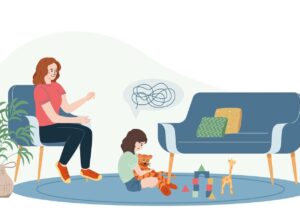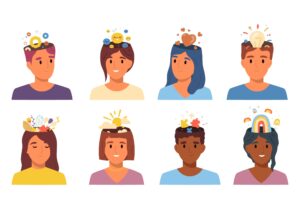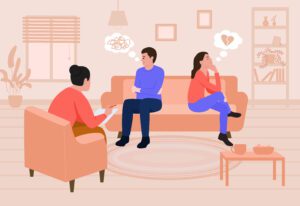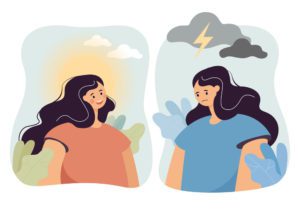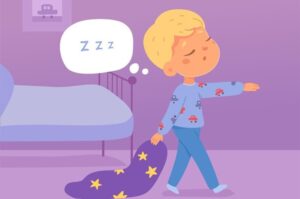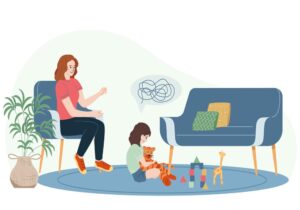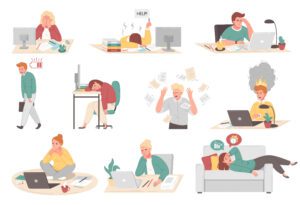Depression vs Sadness: Understanding the Difference
This article has been researched and written by Nayla Daou. AI has not been used in producing this article.
While often used interchangeably, the terms “sadness” and “depression” represent distinct emotional states, each with its own implications for mental well-being. Distinguishing the differences between them is essential for ensuring individuals receive the appropriate support and treatment they need.
This blog post will cover key differences and ways to recognize them.
What is Sadness?
Sadness emerges naturally in response to adversity, loss, or disappointment, representing a fleeting emotional state often tied to particular events, or situations.
It’s a transient feeling that typically arises in response to specific events or circumstances. Feeling sad is a normal part of the human experience and often resolves on its own or with the passage of time. It may be accompanied by tearfulness, low energy, or a temporary decrease in motivation.
Understanding Depression
Depression, on the other hand, is a clinical mental health condition characterized by persistent feelings of sadness, hopelessness, and emptiness. Unlike sadness, depression doesn’t necessarily have an identifiable trigger and can persist for weeks, months, or even years. It often interferes with daily functioning, impacting various aspects of life such as work, relationships, and self-care including hygiene practices.
Key Differences
- Duration: Sadness is temporary and tends to fade over time, whereas depression persists for an extended period, often lasting for weeks or months without significant improvement.
- Intensity: While sadness can be distressing, depression is usually more intense and pervasive, affecting multiple areas of life and causing significant impairment in functioning.
- Physical Symptoms: Depression may manifest with physical symptoms such as changes in appetite or sleep patterns, fatigue, and unexplained aches or pains, which are less common in transient sadness.
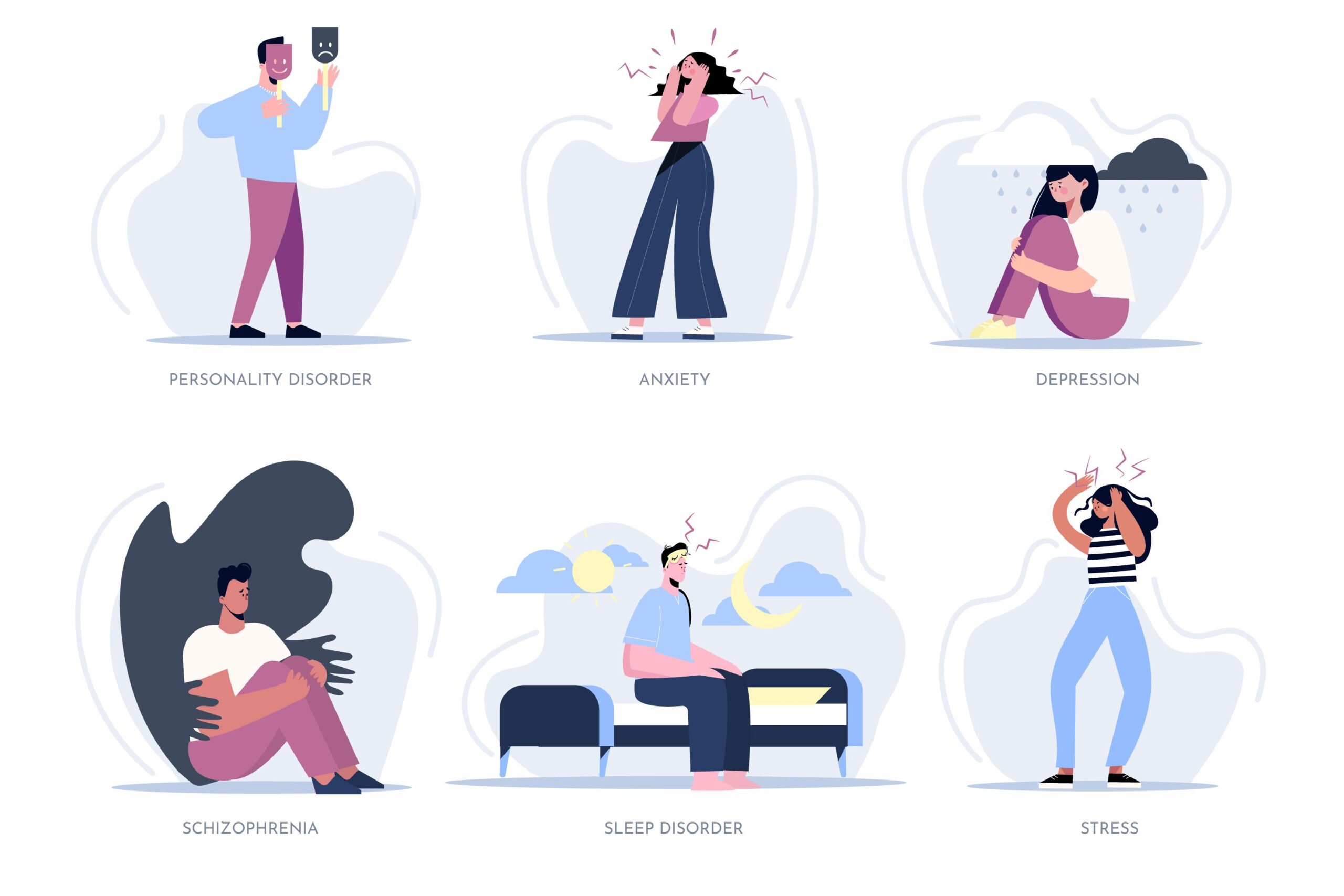
Recognizing the Signs
- Persistent Low Mood: Feeling persistently sad, empty, or hopeless, regardless of circumstances.
- Fatigue: Persistent feelings of fatigue, even after restful sleep.
- Loss of Interest: Losing interest or pleasure in activities that were once enjoyable.
- Changes in Appetite or Weight: Significant changes in appetite leading to weight loss or gain.
- Sleep Disturbances: Insomnia, difficulty falling or staying asleep, or oversleeping.
- Difficulty Concentrating: Difficulty focusing, making decisions, or remembering things.
- Feelings of Worthlessness or Guilt: Persistent feelings of worthlessness or excessive guilt, often without valid reason.
- Unexplained Physical Pain: If any medical condition is ruled out and you continue to have digestive issues, or constant headaches without a clear cause.
- Thoughts of Death or Suicide: also known as suicidal ideation. These thoughts can range from fleeting considerations of death to more detailed plans for suicide. People experiencing suicidal ideation may feel overwhelmed by their emotional pain and may believe that death is the only way to escape their suffering.
Seeking Help
If you or someone you know is experiencing symptoms of depression, it’s essential to seek professional help. A mental health professional can provide an accurate diagnosis and develop a personalized treatment plan, which may include therapy, medication, lifestyle changes, or a combination of these approaches. Depression treatment is crucial in managing the condition and promoting recovery.
While sadness and depression share some similarities, they are distinct emotional states with different implications for mental health. Understanding the differences between them can help individuals recognize when support or intervention is needed. By seeking appropriate help, people experiencing depression can work towards recovery and improved well-being.
Article prepared by Bruna Moubarak.
How to Talk to Your Child About Body Safety – Without Creating Fear
Body safety talks don’t have to be and shouldn’t be scary. When these conversations are calm …
ADHD in Girls vs. Boys: Why Symptoms Often Look Different
When people think of ADHD, they often picture a young boy bouncing off the walls, constantly moving, talking out of turn, or …
How Psychoeducational Assessments Help Shape Better Learning Plans in School
No two children are the same. Every child brings a unique mix of strengths, challenges, and ways of …
Can Relationship Counseling Work for Toxic Relationships?
Relationships can be complicated, emotional, and at times, painful. While every couple experiences ups and downs, some relationships …
10 Signs You May Have Anxiety
Anxiety is a normal and natural human response to stress, danger, or uncertainty. However, when anxiety becomes excessive, it can …
Child Sleepwalking and Talking: What You Need to Know
Childhood is a time of rapid development, filled with new experiences—and sometimes, surprising nighttime behaviors.
Questions a Child Psychologist Might Ask
When preparing for your child’s first appointment with a psychologist, it’s natural to feel curious—or even a little anxious—about what …
55 Love Questions for Couples to Deepen Your Relationship
In any relationship, communication is key. Whether you’re just starting out or have been together for years, asking meaningful
Stress vs. Anxiety vs. Burnout: How to Recognize the Difference
In today’s fast-paced world, understanding the differences between stress, anxiety, and burnout is crucial for …
Relocation Depression: Definition and Ways to Cope
Relocation depression, also known as moving depression, is a form of situational depression that arises from the stress …

